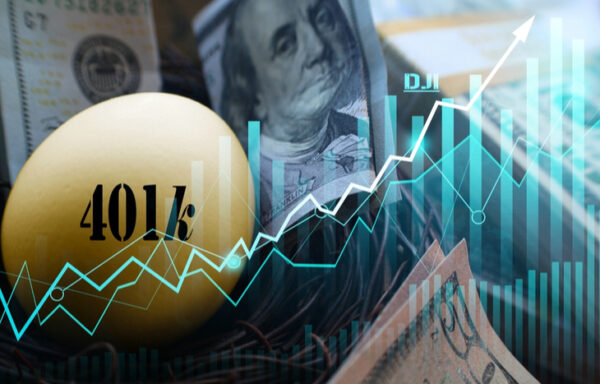Why Investors Should Be Wary of SPACs
In the winter of 1928, Joe Kennedy (John F. Kennedy’s father) decided to have his shoes shined before starting work.
Little did he know it would be the best nickel he ever spent…
Without that shoeshine, there is a good chance we would have never heard of JFK.
As the shoeshine boy was finishing, he looked up at Joe Kennedy and offered him a stock tip: “Buy shares of Hindenburg.”
Joe Kennedy walked promptly back to his office and started to sell his stocks.
As Joe Kennedy later put it, “When the shoeshine boy starts handing out stock tips, you know it is time to get out of the market.”
Shortly thereafter, the stock market suffered a crash of epic proportions.
Had Joe Kennedy taken the shoeshine boy’s advice or stayed fully invested, he’d have lost everything.
Instead, he was loaded with cash and ready to capitalize on life-changing opportunities…
In 1929, Joe Kennedy’s fortune was estimated to be $4 million (equivalent to $59.6 million today). By 1935, his net worth was $180 million (equivalent to $3.36 billion today).
All thanks to an unsolicited tip…
Today, Shoeshine Boys Would Be Talking About SPACs
SPACs (special purpose acquisition companies) are the hottest thing in the market today. These investment vehicles are also known as “blank check companies.”
A SPAC is formed strictly for the purpose of raising cash through an initial public offering (IPO).
That means SPACs raise cash but have no actual operations.
Once it goes public, a SPAC has a limited amount of time to use its cash to purchase a business. Usually, the time period is 12 to 24 months. If no acquisition is made, the cash is returned to shareholders.
SPACs have been around for decades, but they’ve exploded in popularity this year.
In 2012, a grand total of seven SPACs came to market with IPOs. In 2020, there have already been 141!
To be clear, there is nothing wrong with SPACs. Some of them can be great investments.
The problem is that just like with anything that gets incredibly hot on Wall Street, the quality of SPACs is hitting rock bottom.
Believe it or not, we can’t trust that Wall Street’s investment bankers (who are motivated by their big fat banking fees) aren’t going to introduce some really poor-quality SPACs to the world.
In fact, we can count on Wall Street to do exactly that.
SPACs are launching fast and furious in 2020. I’ve seen a few that have made me raise my eyebrows…
- A $575 million SPAC led by Billy Beane, the U.S. baseball executive depicted by Brad Pitt in the film Moneyball. Beane is a baseball executive, not a successful investor or CEO.
- A $300 million SPAC launched by Paul Ryan, the former speaker of the U.S. House of Representatives. If you think I’m turning my money over to a career politician, you are going to be very disappointed!
My biggest concern with SPACs is that founders are heavily incentivized to make a deal – any deal, and not necessarily a good one.
While you and I have to use our hard-earned money to acquire shares in a SPAC, founders like Billy Beane and Paul Ryan are given their shares for a nominal amount.
That means that they are heavily incentivized to make a deal at any price.
That isn’t good. Investors want a good deal, not any deal…
To me, the bottom line is that while there will undoubtedly be some very good investments in the SPAC world, now is not the time to hunt there.
Anytime Wall Street starts pumping out this kind of volume and earning big fees, you know it is time to vacate the area.







